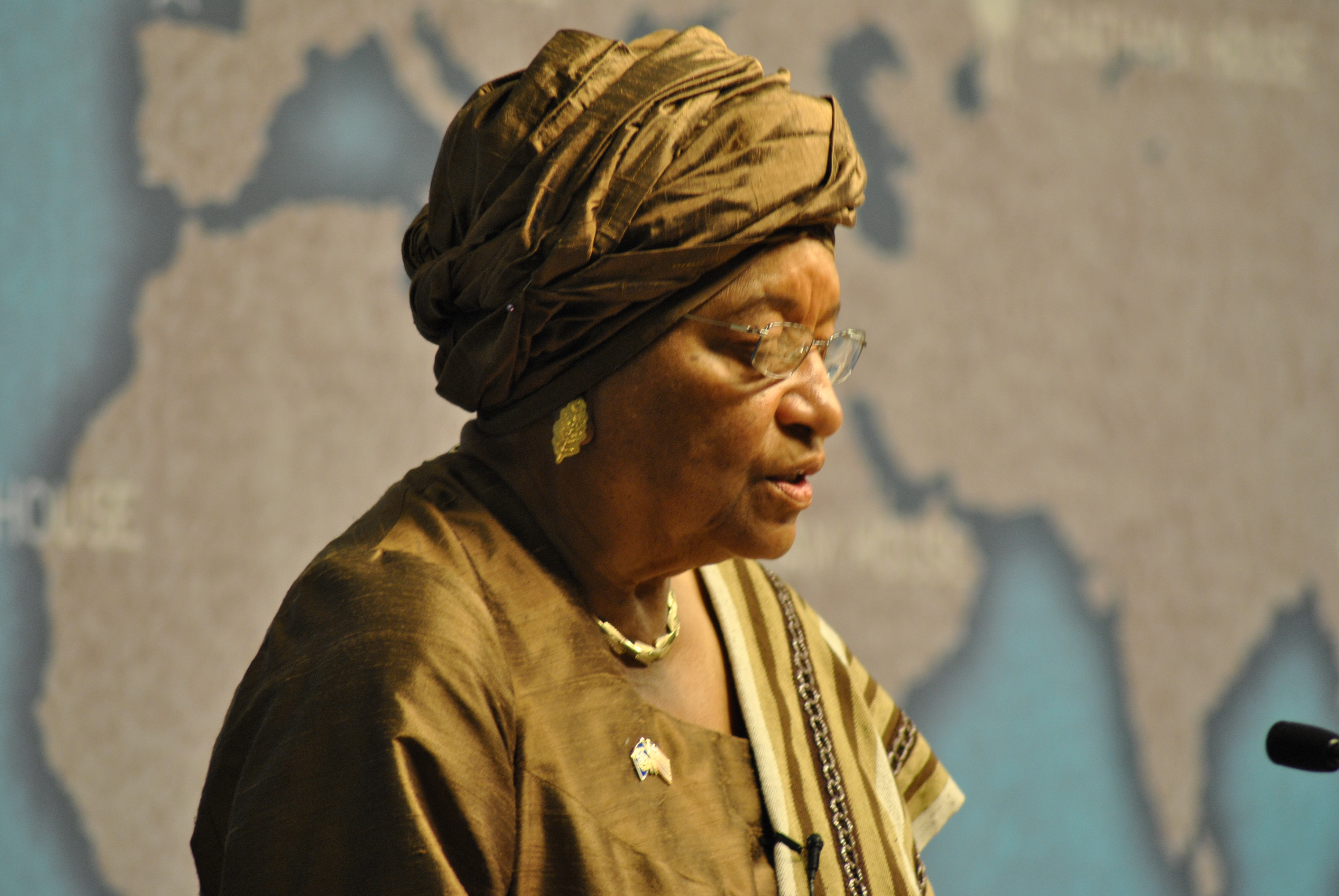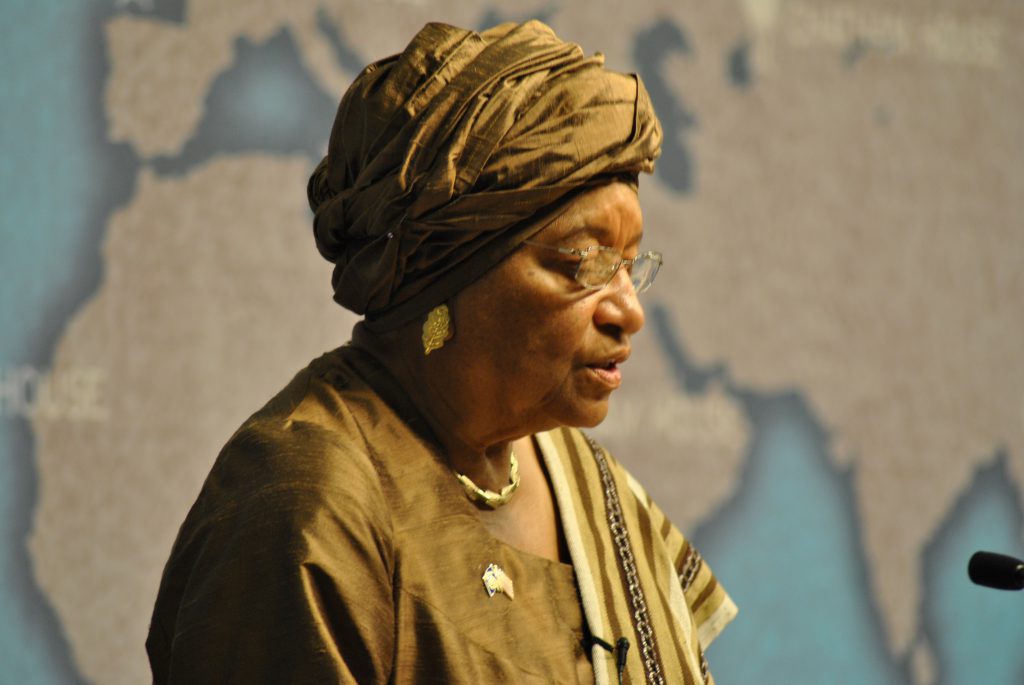Guest post by Jeff Mosenkis of Innovations for Poverty Action.
- IPA and the International Rescue Committee are teaming up to figure out how to reduce intimate partner violence in Liberia (where 36% of ever-partnered women have experienced physical or sexual violence in the last 12 months). We’re looking to hire a spectacular senior RA to start testing ideas from public health, psychology, and economics to see what methods work. Please see & share the full job posting here.
- And the story of the grassroots campaign that helped elect Liberia’s first female President, Ellen Johnson Sirleaf. (h/t Rachel Strohm)
- Chris Blattman had an open letter to Bill Gates in Vox. Gates is committed to an ambitious goal of boosting chicken ownership in sub-Saharan Africa from five to 30 percent. But Chris points out that giving out livestock can be very expensive and risky, while giving out cash is cheap and effective. The crazy thing is that we don’t yet know which is better at fighting poverty, but we could find out if we wanted to.
- Long read: Invisible Children, the group behind the viral Kony 2012 video, now operates an intelligence gathering network of radio operators in the DRC and CAR tracking the whereabouts of the Lord’s Resistance Army for military groups trying to hunt them.
- And convicted lobbyist Jack Abramoff is trying to use his lobbying skills to fight Boko Haram.
- Institutional Review Boards (IRBs), the ethics boards that oversee academic research, are known for often having crazy and arcane bureaucratic hoops researchers have to jump through to get their projects approved. Everybody has a story like my anthropologist friend. She was working on her research in rural India talking to people about religion when she got a notification that her study was being halted. To restart it she would have to go to the nearest town where she could find internet access to watch a completely irrelevant series of long NIH videos on proper blood and tissue sample collection over the equivalent of a dial-up modem connection.
- Now, a new regulation has gone into effect that could streamline the IRB process, making low-risk studies (such as those talking to consenting adults or recording in very public situations) exempt from review, but it’s up to universities to put it into effect.
- The flip side of the debate though, is this discussion on a paper that paid online workers 50 cents for an hour of work, which seems a bit odd. I think this encapsulates the paradox of regulation; regulations have to be written for the .1% of bad actors, and end up constraining the other 99.9%. Or as one sociologist put it, “Social scientists identify a regulation they’re against.”
- Dina Pomeranz does a great public service here starting a discussion thread on the stress and anxieties most academics cope with privately.



2 Responses
And the story of the grassroots campaign that helped elect Liberia’s first female President, Ellen Johnson Sirleaf. (h/t Rachel Strohm)
golu dolls
golu dolls
that is a great idea, i hope many will show interest to join in and to provide their ideas.